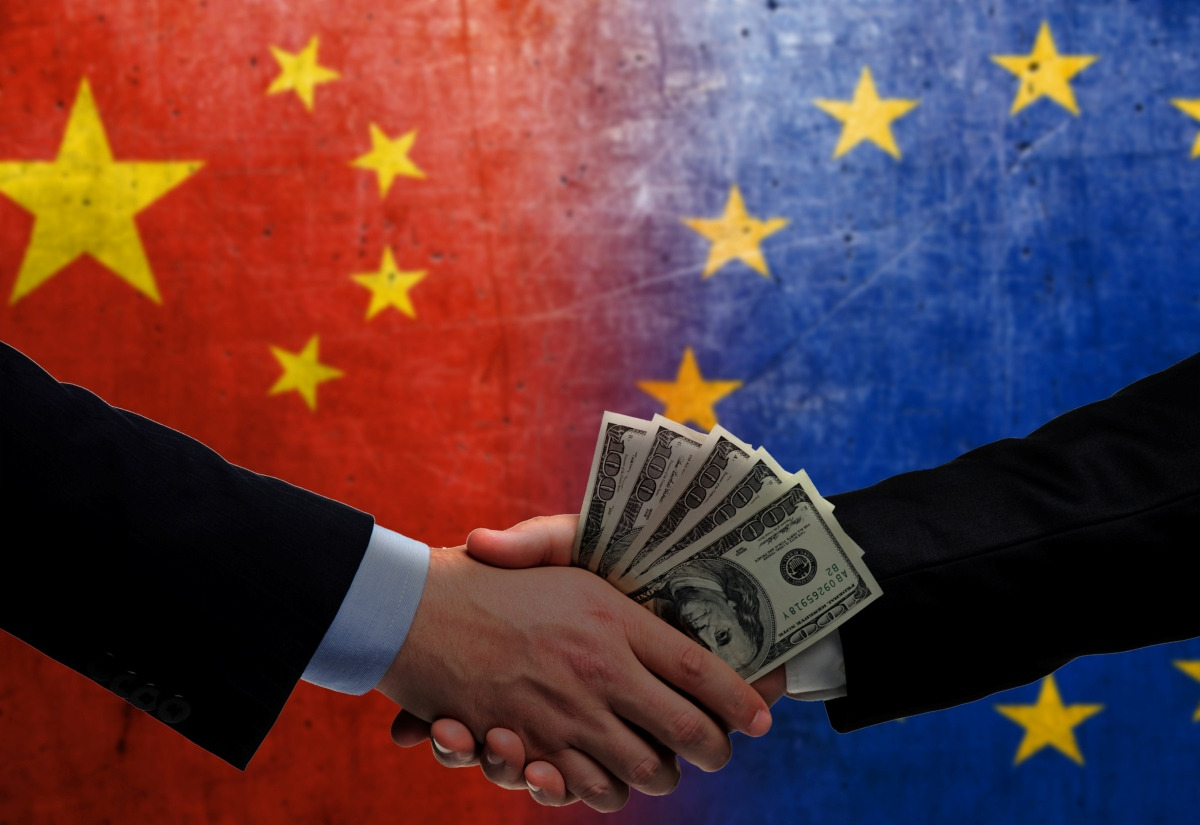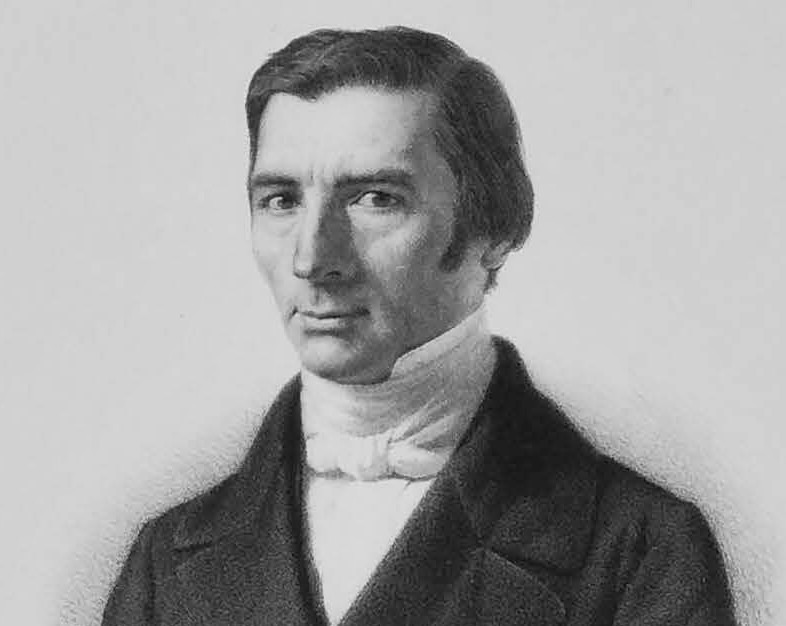The EU 'Elites', Part I
Corruption and Foreign Influence Operations
by Robert Williams • August 10, 2025 at 5:00 am
[T]he EU organization itself... -- once again –- is at the center of a new corruption scandal....
While Huawei has been effectively banned in the US – and has closed all its official and direct lobbying operations in Washington in early 2024 – the company has been free to do its influence peddling in the EU, where it is not banned. China's influence in Europe in a multitude of areas is already highly present...
The Belgian raid came roughly two years after the so-called Qatargate: In December 2022, Belgian authorities uncovered the bribery of Members of European Parliament by Qatar...
Politico reported on the leaked files, dubbed "the Qatargate files" in December 2023: "The actions recorded in the documents include some with a significant impact on the workings of the European Union — such as scheming to kill off six parliamentary resolutions condemning Qatar's human rights record..."
Qatargate is far from over. Trials are only scheduled to begin in late 2025. The EU, therefore, currently has not just one, but two huge corruption scandals on its hands.
The president of the unelected European Commission, Ursula von der Leyen, in her second term in the position, having first maneuvered her way into this post after serving as a scandal-ridden minister of defense in Germany for many years, is herself under scrutiny in what has become known as "Pfizer-gate"...
Qatar has not only bought and invested in large swathes of European real estate, it is also a huge contributing factor to the Islamization of Europe. Qatar funneled -- at an extremely conservative estimate -- at least €71 million (approximately $78 million) to build 140 mosques and Islamic centers in Europe just as of 2014, according to the latest authoritative report on the issue, the 2019 book Qatar Papers by French journalists Christian Chesnot and Georges Malbrunot.

"The European Union is one of the least corrupt regions in the world," boasts the European Commission on its website.
Oh really? Let us take a look at the EU organization itself, which -- once again –- is at the center of a new corruption scandal.
Belgian police raided more than 20 locations in Belgium and Portugal in March in an investigation of alleged "active corruption within the European Parliament," for the benefit of China's tech giant Huawei, according to Belgium's federal prosecutor's office. Huawei's main lobbying office in Brussels was raided, alongside European Parliament offices.


